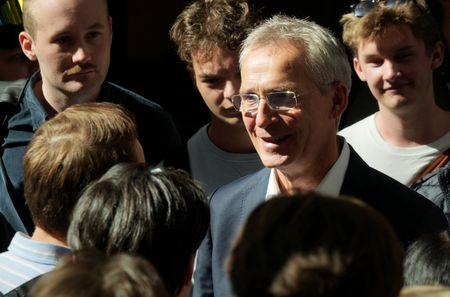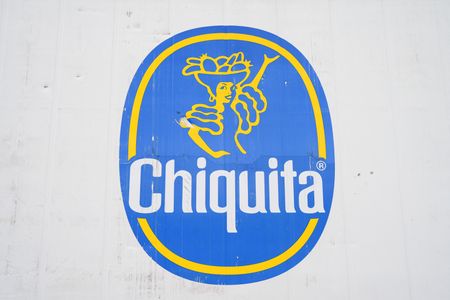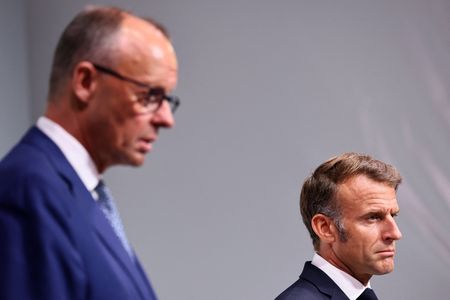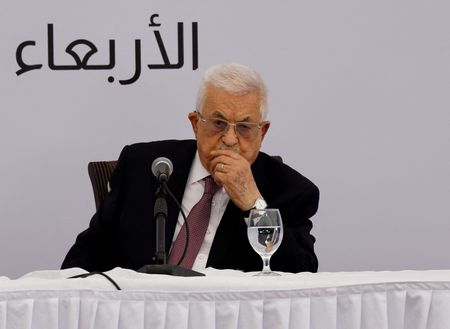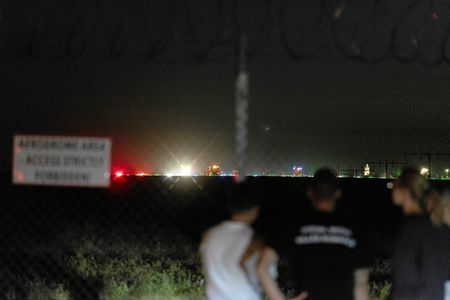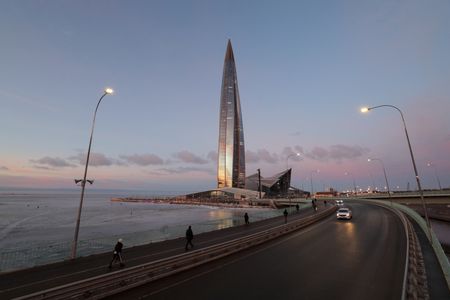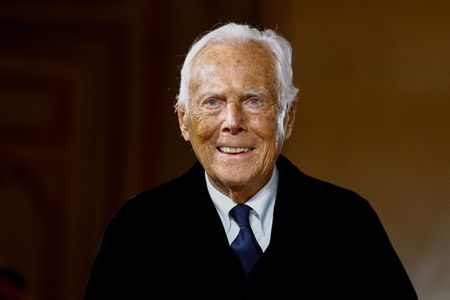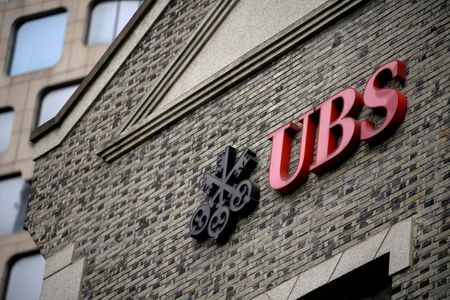By Gwladys Fouche
OSLO (Reuters) -Former NATO chief Jens Stoltenberg is fighting on two fronts in Norway these days: bringing star power to the Labour Party’s re-election bid, and running the government’s response to a crisis in the country’s $2 trillion sovereign wealth fund.
One of his country’s most recognisable figures abroad thanks to a 10-year stint as secretary general of the alliance, Stoltenberg is now finance minister and also arguably Norway’s most popular politician.
That’s a boost to the centre-left Labour government and its left-leaning allies, which opinion polls say are narrowly favoured to win the September 7-8 general election, but with a smaller number of seats than in 2021.
Stoltenberg, 66, was surrounded by dozens of students on a recent morning after delivering a speech and taking questions at a business school in Oslo.
“Legend. He is a legend,” said Bjoern Bakkan, a 28-year-old finance student after taking a selfie with “Jens”, as he is widely known in Norway.
Stoltenberg was prime minister in 2000-2001 and 2005-2013, and returned to the political fray in February when he was appointed to the finance job in what media dubbed “Stoltenback”. Labour gained 10 points in opinion polls within days.
“One of the major factors was the return of Jens Stoltenberg,” said Johannes Bergh, head of the national election studies programme at the Oslo-based Institute for Social Research.
“In addition to that, the international situation with the election of Donald Trump in the U.S. made people … rally around the sitting government,” Bergh said.
The departure of the Centre Party, a farmers’ party, from the ruling coalition in January was another reason, making it easier for Labour to govern alone and as it wished, Bergh added.
Stoltenberg is relishing being back on the stump.
“I’m actually surprised how much I like it,” he told Reuters. “This is something I have done actually since the 1970s, and then I had a 10-year break when I was in NATO.”
SOVEREIGN WEALTH FUND AND ISRAEL
But Stoltenberg is also in charge of the government’s response to an unprecedented crisis with the country’s sovereign wealth fund, the world’s largest, over its Israeli investments and the Gaza war.
Since June 30, the fund has divested from over two dozen Israeli companies, following media reports that it had built a stake in a jet engine company that provides maintenance for Israeli fighter jets. Until then the fund had divested from just two Israeli companies since the start of the war in October 2023.
The controversy centres around whether the country is effectively contributing to violations of international law by investing in companies active in the occupied Palestinian territories.
Several left-wing parties, which support Labour in parliament but are not in government, are campaigning hard on the issue, calling for a total divestment from Israel by the fund. The government has ruled that out.
Stoltenberg said he did not think the dispute would sway the election. “So far we haven’t seen any impact in the opinion polls,” he said. “This is not dominating.”
He said he liked being part of a team campaigning for issues he believed in. “I believe in the Scandinavian model with a high level of equality and with dynamic economies.”
Still, in a tight race, the election could be decided by small groups of voters motivated by specific issues, such as climate change or the Gaza war.
Some voters said they are making Gaza their top issue.
“I voted for them (Labour) before and I wouldn’t mind voting for them again, but there are also different parties that I feel are doing more for Gaza,” said Abdirahman Roble, a 26-year-old finance student.
“That’s where my vote is going.”
(Reporting by Gwladys FouchéAdditional reporting by Tom LittleEditing by Frances Kerry)

